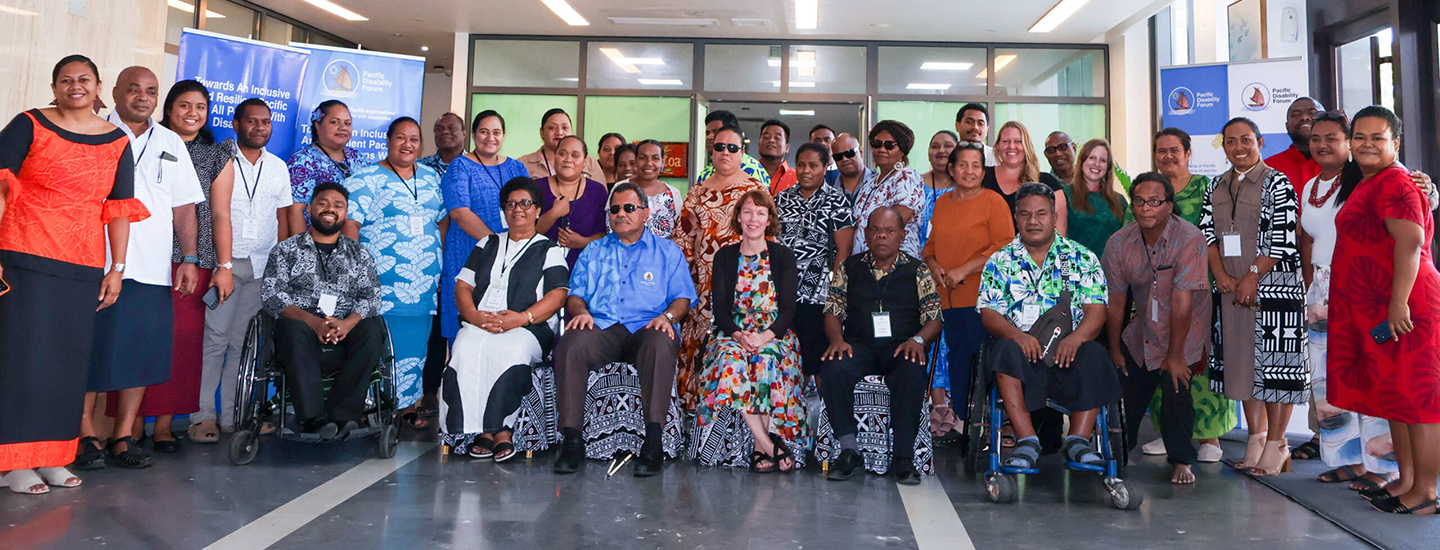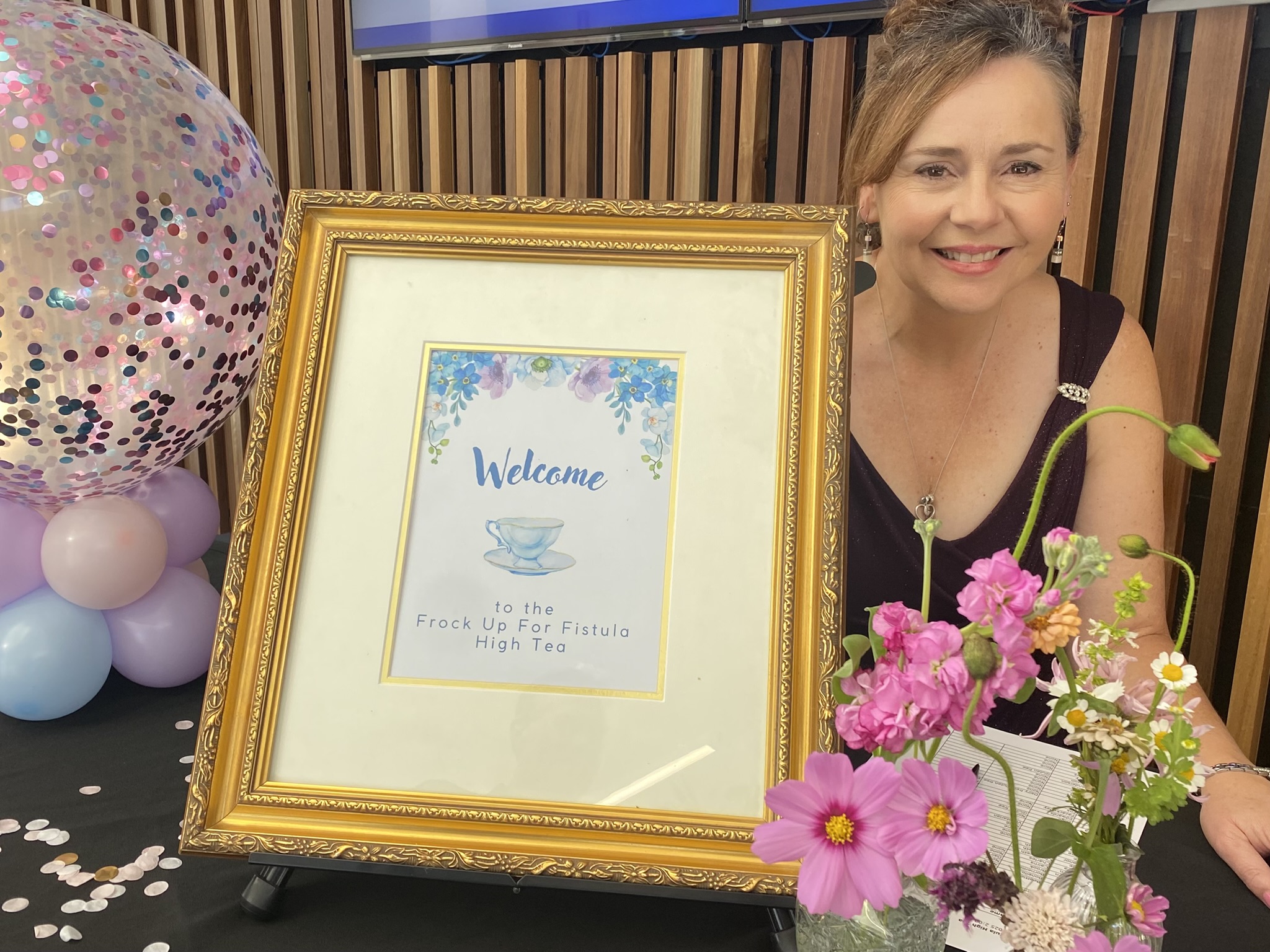Leave No One Behind In An Increased Aid Budget
Media-release, Stories | May 27, 2019
CBM Australia welcomes Labor’s commitment to lifting foreign aid spending each year, starting from its first budget and working towards a target of 0.5 percent of GNI. This is a very positive step in ensuring Australia’s global contribution is in line with other OECD countries. For six years CBM Australia has called for Australia’s aid budget to be increased, only to see successive cuts.
With Labor’s commitment it is imperative to ensure that each dollar is spent responsibly and the activities funded through an increased Australian aid program align with our vision of “no one left behind” – the pledge at the heart of the SDGs and 2030 Agenda for Sustainable Development.
It is vital that Australia’s aid program is responsive and flexible in a constantly changing and complex global environment. The Australian Council for International Development has called for an independent review of Australia’s development cooperation. This would ensure the Australian Government and the non-government organisations who help to implement the program focus attention on important emerging, as well as immediate, priorities. It would assist us in more effectively responding to and partnering with governments and civil society organisations in the Indo-Pacific region.
One of the strengths of the program is the Australian NGO Cooperation Program (ANCP). Australian NGOs are powerful agents for change and play a crucial role in preserving and advancing human rights around the globe. We have specialist skills and strong connections with communities in Australia and overseas. ANCP is proven to be effective; a 2015 evaluation of the program found that while it represented less than 3% of the aid budget it delivered more than 18% of reported outputs. By investing a further $50m in the first year with increases built into successive budgets Australian aid will be able to build on its successes. Ensuring that at least 20% of DFAT’s humanitarian funding is implemented through civil society organisations will also give Australian’s the confidence they need in a financially responsible, effective aid program.
An aid program where Australia is seen as a supportive and constructive partner that listens to our Indo-Pacific neighbours and responds to their needs, rather than focusing solely how Australia will benefit from the relationship, is also essential. CBM Australia has joined with our partners in the Pacific to call on the Australian Government to respond to one such need – to support the implementation of the Pacific Framework for the Rights of Persons with Disabilities, and to mobilise other donors to contribute resources for this purpose. Coordinated and comprehensive implementation of this Framework is key to ensuring that people with disability in the Pacific are able to have their rights recognised and enacted in their communities.
Since 2009, with the introduction of the first Development for All strategy, the Australian Government has been a global leader in disability inclusive development. Successive strategies have built an Australian legacy of upholding the rights of the one-in-five people who live with a disability in developing countries; something which must continue. An increased aid budget needs to ensure that DFAT has departmental budget and staff to enable the effective implementation, monitoring and advocacy to support current and future Development for All strategies both here and in diplomatic posts around the world. Dedicated funding for disability inclusive development should be increased by at least $1 million per year.
A recent evaluation conducted by the Office of Development Effectiveness found that Australia’s leadership had ‘effectively and positively contributed to recent progress in disability policies and programs’ around the world. However, it also found that disability inclusion still lacks the profile and urgency of other cross-cutting issues, such as gender equality, in development. Though these gains are fundamentally important, they are also fragile. Consistent leadership is required, particularly in Australia’s primary sphere of activity and influence – the Pacific – where disability-inclusive data, access to services and investment in implementing regional disability rights frameworks are scarce. The introduction of a third Development for All strategy forms the next notable step for the incoming Australian Government to show its continued commitment to the rights of people with disabilities living in poverty.
Currently Australia’s investment in Overseas Development Assistance sits at a paltry 22 cents for every $100 of gross national income. In this context, Labor’s commitment raises the bar and challenges other parties to join them. But a further commitment to leave no one behind in poverty and exclusion must follow.
Jane Edge is Chief Executive Officer of CBM Australia and a member of the Board of the Australian Council for International Development (ACFID).
CBM Australia is a Christian international development agency, committed to improving the quality of life of people with disability in the poorest places in the world. In 2018, CBM Australia supported field projects in 11 countries and supported partners including governments, multilateral organisations, non-government organisations and DPOs in 18 countries.
CBM Australia is proud to have a partnership with the Department of Foreign Affairs and Trade (DFAT) as part of the Australian NGO Cooperation Program (ANCP), and is a member of the Australian Council for International Development.
https://www.cbm.org.au/media-release/cbm-welcomes-foreign-aid-lift
Related Stories

Growing Stronger Together: Supporting OPDs across the Pacific
CBM Australia is proud to partner with Pacific Disability Forum on the Growing Stronger...

Frock Up For Fistula: a High Tea of hope and healing
Something very special happened this Mother’s Day weekend. CBM Ambassadors Lyn Wake and Glenys...

Empowering Change: Jamuna’s Journey to Climate-Smart Farming in Nepal
In Nepal, agriculture is the backbone of the economy,...
